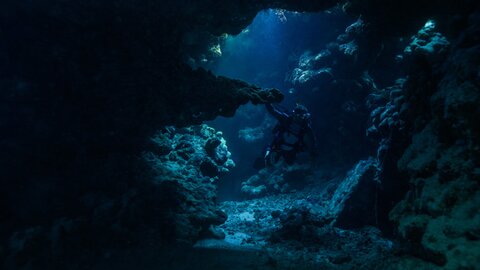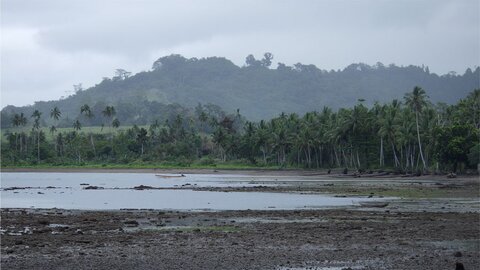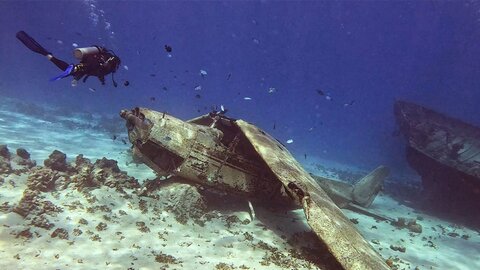Oceans
Producing groundbreaking knowledge on the oceans to transform policies and practices
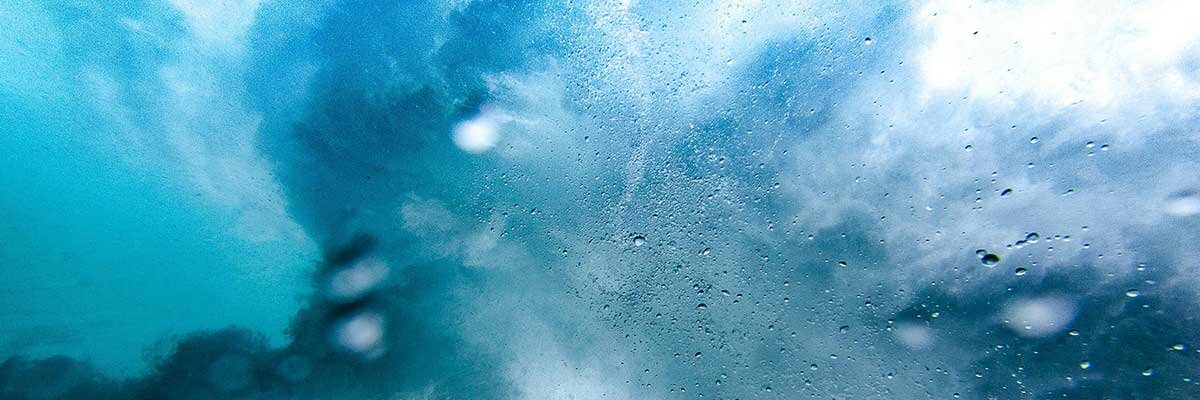
Ongoing call
Events
All events
Projects
Latest activities
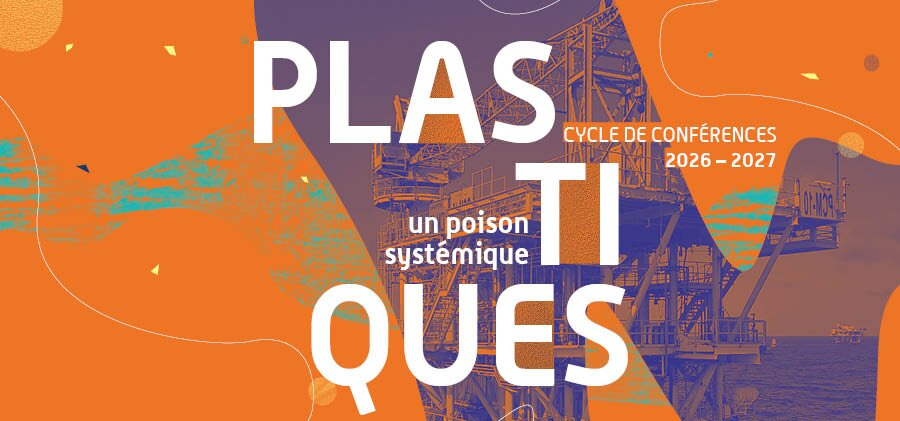
"Plastics: A Systemic Poison" : A conference series led by the FMSH and the Tara Ocean Foundation
Shedding light on public policy in the face of plastic pollution

Océans
2025 Awarded Projects | Oceans Programme
Discover the projects selected in 2025 under the 'Oceans: Social Worlds, Living Worlds' call
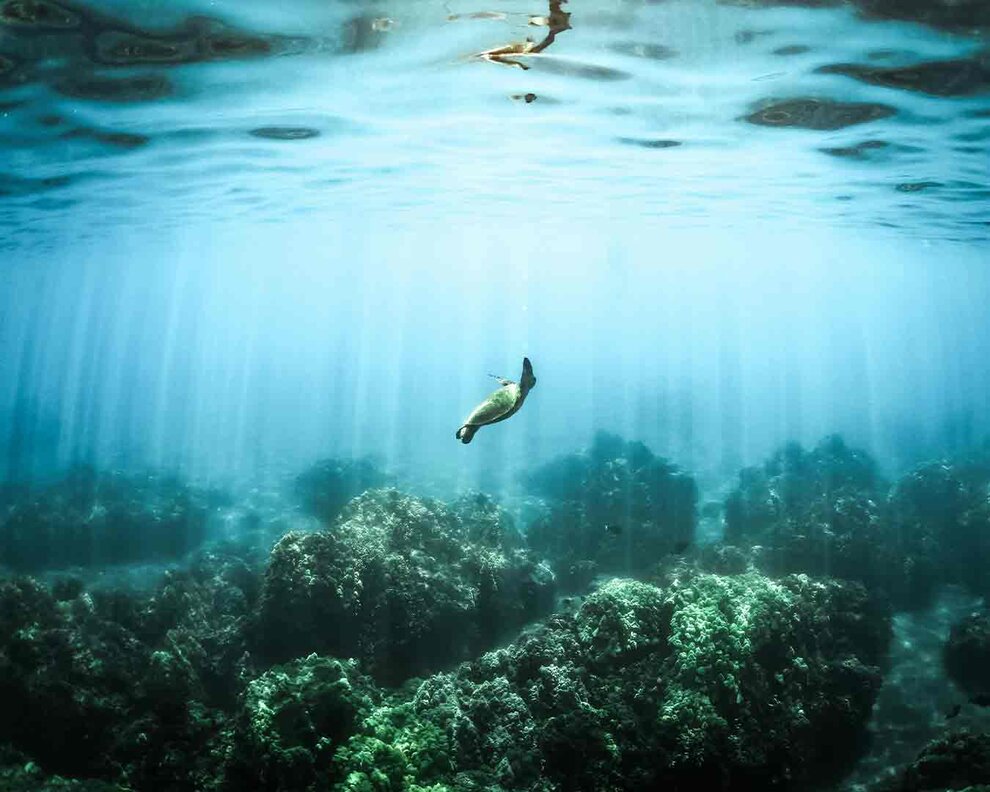
Reconsidering our relationship with the ocean
The FMSH's new ‘Oceans’ programme
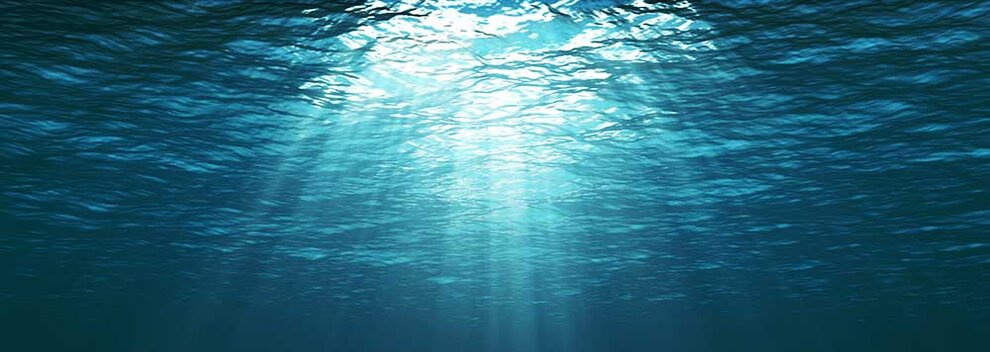
The FMSH joins the Ocean & Climate Platform
The Foundation becomes part of an international collective of more than 115 organisations working to protect the oceans.
See all program activities











